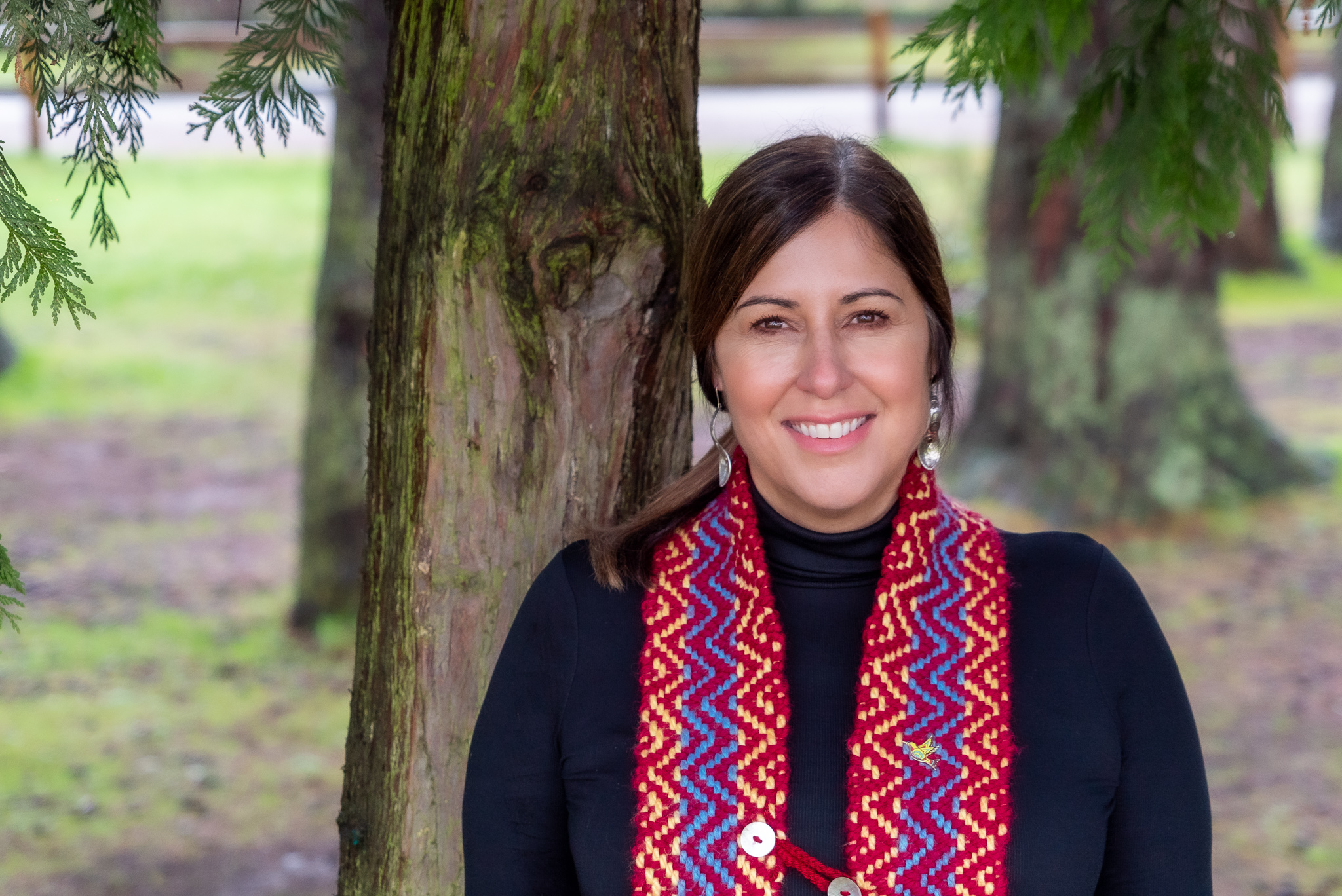Gathering Our Medicine: Strengthening and Healing Relationships Between Indigenous Youth and their Kinship Circle
Main Article Content
Abstract
Long held beliefs about “right” responses to human suffering that underpin the dominant mental health paradigm are Eurocentric and marginalize Indigenous worldviews, including definitions of wellness and beliefs about the aims of healing. Also to be noted is the fact that the mental health field has evolved to the exclusion of Indigenous ontologies and epistemologies resulting in ongoing subjugation and ethno-stress. Approaches characterized by superficial and reductionistic interpretations of symptoms further obfuscate understanding by the non-expert resulting in the ongoing disempowerment of Indigenous peoples, in particular, parents. For all these reasons, I contend that the dominant mental health paradigm is problematic for Indigenous peoples.
I propose an alternative way of seeing and responding to the impacts of intergenerational trauma, Gathering Our Medicine (GOM), that offers a more ethical response to the escalating mental health crisis that exists within Indigenous communities and families. GOM has an entry point to healing that invites questioning the very presuppositions that underlie long held and unquestioned beliefs about healing, wellness, and mental health. In this presentation, a concretely outlined protocol for healing was proposed entitled The Four Circles of Healing. Lessons learned through the creation and implementation of this community-based program, GOM, were also shared.
Article Details

This work is licensed under a Creative Commons Attribution-NonCommercial 4.0 International License.

